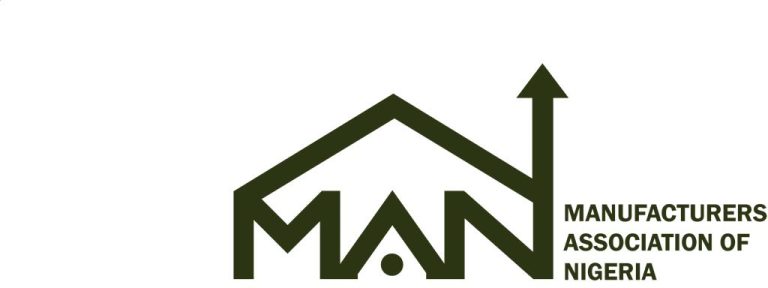Investments in Nigeria’s manufacturing sector dropped by N367.79bn between 2014 and 2022, an evaluation of the Producers Affiliation of Nigeria’s financial experiences has proven.
Knowledge collected from varied experiences confirmed that in 2014 buyers injected N691.7bn into Nigeria’s manufacturing sector, however since then investments into the sector have been on a downward spiral.
By 2019, manufacturing investments declined to N496bn and additional plunged to a brand new low of N118.5bn in 2020, as a result of Covid-19 pandemic.
The next 12 months, nevertheless, it revamped and rose to N305.02bn and N323.98bn in 2022.
Which means between 2014 and 2022, funding within the manufacturing sector fell by 53.3 per cent.
In keeping with the Producers Affiliation of Nigeria, funding within the sector has been significantly affected by the excessive debt profile of the federal government, which notably deters overseas funding, excessive value of borrowing and vitality, and low demand through the interval, amongst others.
In its 2023 half-yearly financial report, MAN mentioned manufacturing sector funding in naira worth elevated to N192.89bn within the first half of 2023 from N178.39bn recorded within the corresponding half of 2022, indicating a N14.50bn or 8.1 per cent improve over the interval.
It additional elevated by N47.3bn or 32.50 per cent compared with N145.5bn recorded within the second half of the 12 months.
Nonetheless, the affiliation famous that the rise in funding in naira worth was pushed by the forex devaluation, which noticed the naira depreciate by 65 per cent to N901/$ on the Investor and Export Window from N462/$ earlier than the foreign exchange market unification coverage of the Central Financial institution of Nigeria.
Therefore, the rise recorded doesn’t point out bodily funding by producers however reasonably a nominal one, which resulted from the devaluation of the forex that made the producers pay extra for crops and equipment importations.
Talking with The PUNCH, the Chief Govt Officer of the Centre for the Promotion of Non-public Enterprise, Muda Yusuf, blamed persistent enterprise headwinds for the declining investments in Nigeria’s manufacturing sector.
In keeping with him, solely focused efforts in the direction of reviving the manufacturing sector on the a part of policymakers will handle the buyers’ apathy that has led to the abysmal numbers recorded in the previous couple of years.
Yusuf mentioned, “The explanations for the decline are apparent. The challenges in manufacturing have been fairly huge over the previous couple of years. If you happen to take a look at the headwinds, one of the vital weak sectors is the manufacturing sector as a result of manufacturing consumes loads of vitality. If you happen to take a look at vitality, it’s a main part of working prices.
“The second main difficulty is the problem of foreign exchange. Most manufacturing corporations are closely import-dependent, particularly for uncooked supplies. With the present nature of the financial system, any enterprise that’s import-dependent can be weak.”
